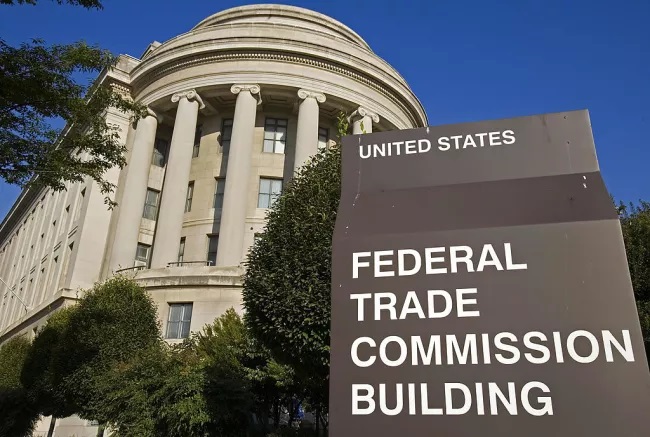Amazon to Pay $2.5 Billion to Settle FTC Case
Agency had alleged that Amazon used deceptive methods to sign up consumers for Prime subscriptions and made it difficult to cancel the service, which provides free shipping and access to streaming video

The professional video industry's #1 source for news, trends and product and tech information. Sign up below.
You are now subscribed
Your newsletter sign-up was successful
The Federal Trade Commission has issued an Order settling a major case with Amazon.com, Inc., that includes some of the largest fines and refunds the agency has ever collected.
The order resolves allegations that Amazon enrolled millions of consumers in Prime subscriptions without their consent, and knowingly made it difficult for consumers to cancel.
As part of the agreement, Amazon will be required to pay a $1 billion civil penalty, provide $1.5 billion in refunds to consumers harmed by the deceptive Prime enrollment practices, and cease unlawful enrollment and cancellation practices for Prime, the FTC reported in a Sept. 25 announcement and Order.
“Today, the Trump-Vance FTC made history and secured a record-breaking, monumental win for the millions of Americans who are tired of deceptive subscriptions that feel impossible to cancel,” said FTC Chairman Andrew N. Ferguson. “The evidence showed that Amazon used sophisticated subscription traps designed to manipulate consumers into enrolling in Prime, and then made it exceedingly hard for consumers to end their subscription. Today, we are putting billions of dollars back into Americans’ pockets, and making sure Amazon never does this again. The Trump-Vance FTC is committed to fighting back when companies try to cheat ordinary Americans out of their hard-earned pay.”
In a case filed during the Biden-administration by FTC Chair Lina Khan in 2023, the agency charged Amazon and several Amazon executives with knowingly misleading millions of consumers into enrolling in Prime, violating the FTC Act and the Restore Online Shoppers’ Confidence Act (ROSCA).
The FTC alleged Amazon created confusing and deceptive user interfaces to lead consumers to enroll in Prime without their knowledge. Compounding these deceptive enrollment practices, the FTC claimed that Amazon also created a complex and difficult process for consumers seeking to cancel their Prime subscription, with the goal of preventing consumers from cancelling Prime. Amazon documents discovered in the lead up to trial showed that Amazon executives and employees knowingly discussed these unlawful enrollment and cancellation issues, with comments like “subscription driving is a bit of a shady world” and leading consumers to unwanted subscriptions is “an unspoken cancer," the FTC reported.
In announcing the settlement, the FTC noted that the settlement is only the third ROSCA case in which the FTC has obtained a civil penalty. In addition, the $1 billion civil penalty was the largest ever in a case involving an FTC rule violation and $1.5 billion in consumer redress, providing full relief for the estimated 35 million consumers impacted by unwanted Prime enrollment or deferred cancellation, was the second-highest restitution award ever obtained by FTC action.
The professional video industry's #1 source for news, trends and product and tech information. Sign up below.
The settlement also requires Amazon to stop their unlawful practices and make meaningful changes to the Prime enrollment and cancellation flows in a number of ways. Those include providing a clear and conspicuous button for customers to decline Prime and forcing Amazon to remove a button that says, “No, I don’t want Free Shipping.”
The Commission vote approving the stipulated final order was 3-0. The FTC filed the proposed order in the U.S. District Court for the Western District of Washington.
George Winslow is the senior content producer for TV Tech. He has written about the television, media and technology industries for nearly 30 years for such publications as Broadcasting & Cable, Multichannel News and TV Tech. Over the years, he has edited a number of magazines, including Multichannel News International and World Screen, and moderated panels at such major industry events as NAB and MIP TV. He has published two books and dozens of encyclopedia articles on such subjects as the media, New York City history and economics.

